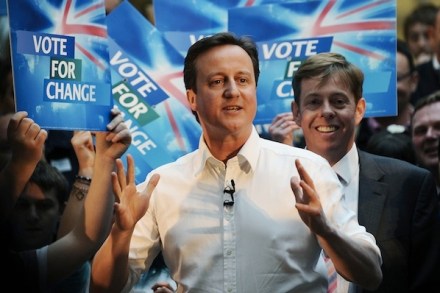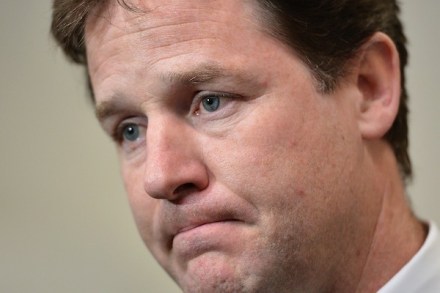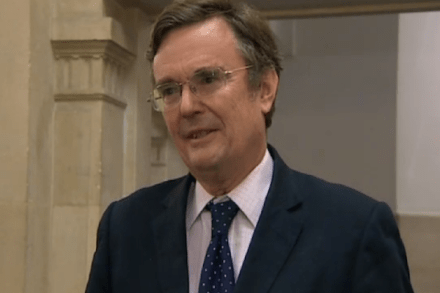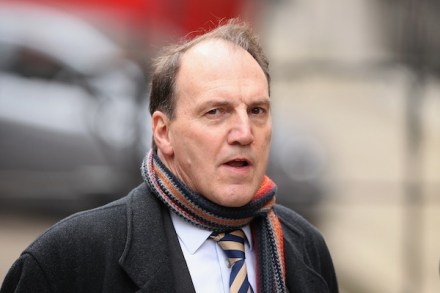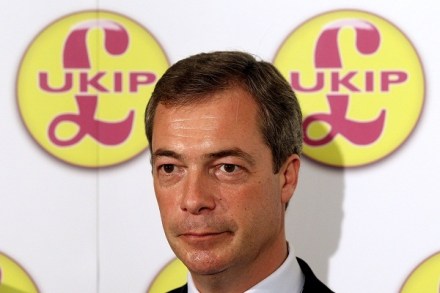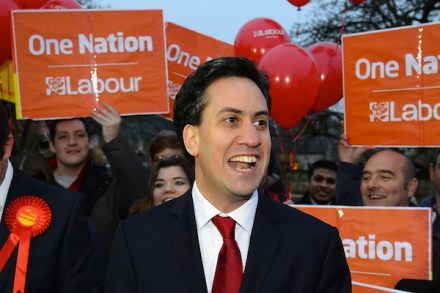Nick Clegg: We made a mistake on infrastructure spending
The GDP figures for the final quarter of 2013 are out tomorrow morning, and with them will come the usual round of commentary from government and opposition. They’re not expected to be good: Citi predicts that the ONS’s first estimate will show a contraction of 0.1 per cent in Q4. So perhaps that’s why Nick Clegg decided to get in early and taken a shot at his own government’s economic policy this evening. Speaking to Paul Waugh and Sam Macrory in the House magazine, the Deputy Prime Minister had the following to say: ‘If I’m going to be self-critical, there was this reduction in capital spending when we came into









